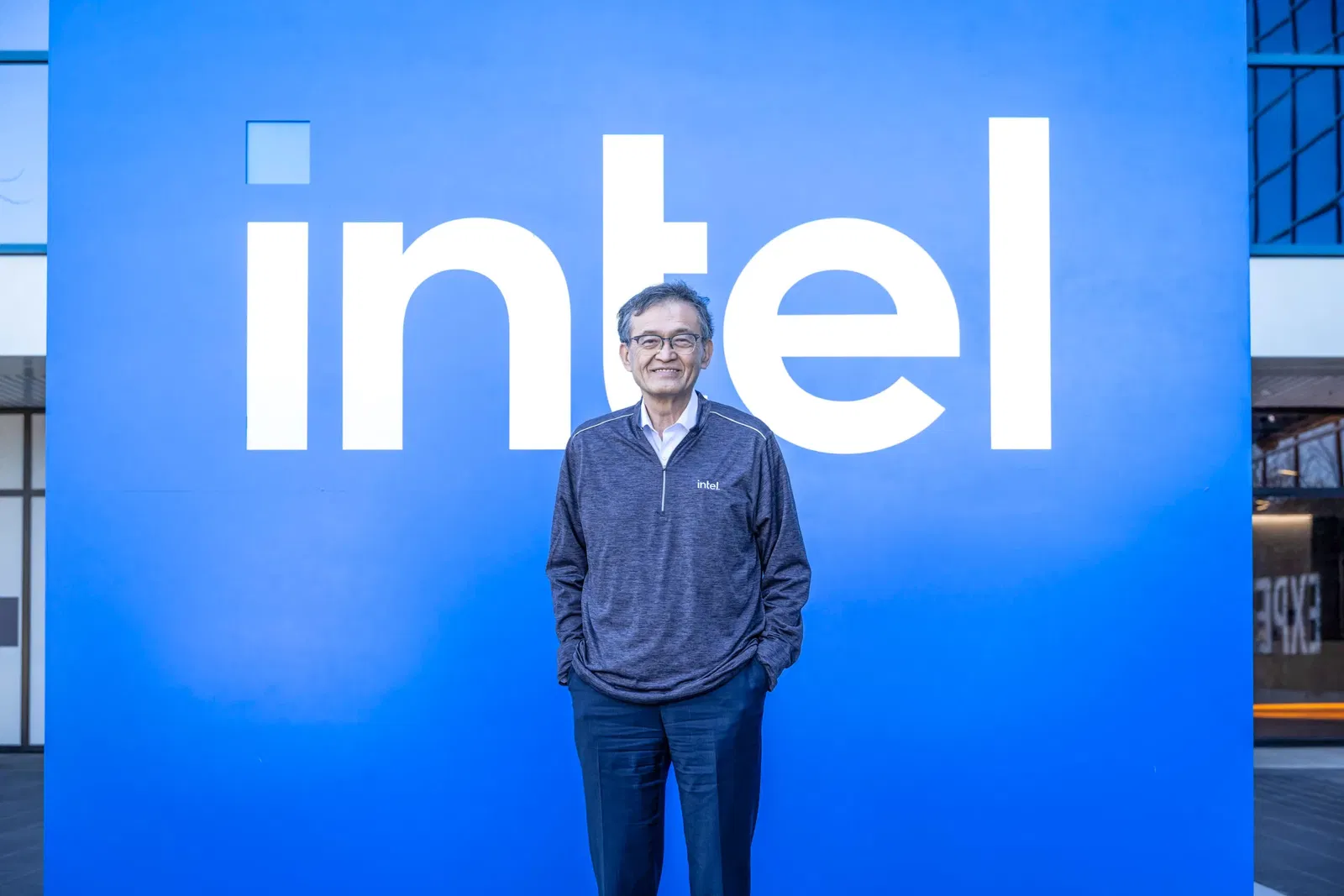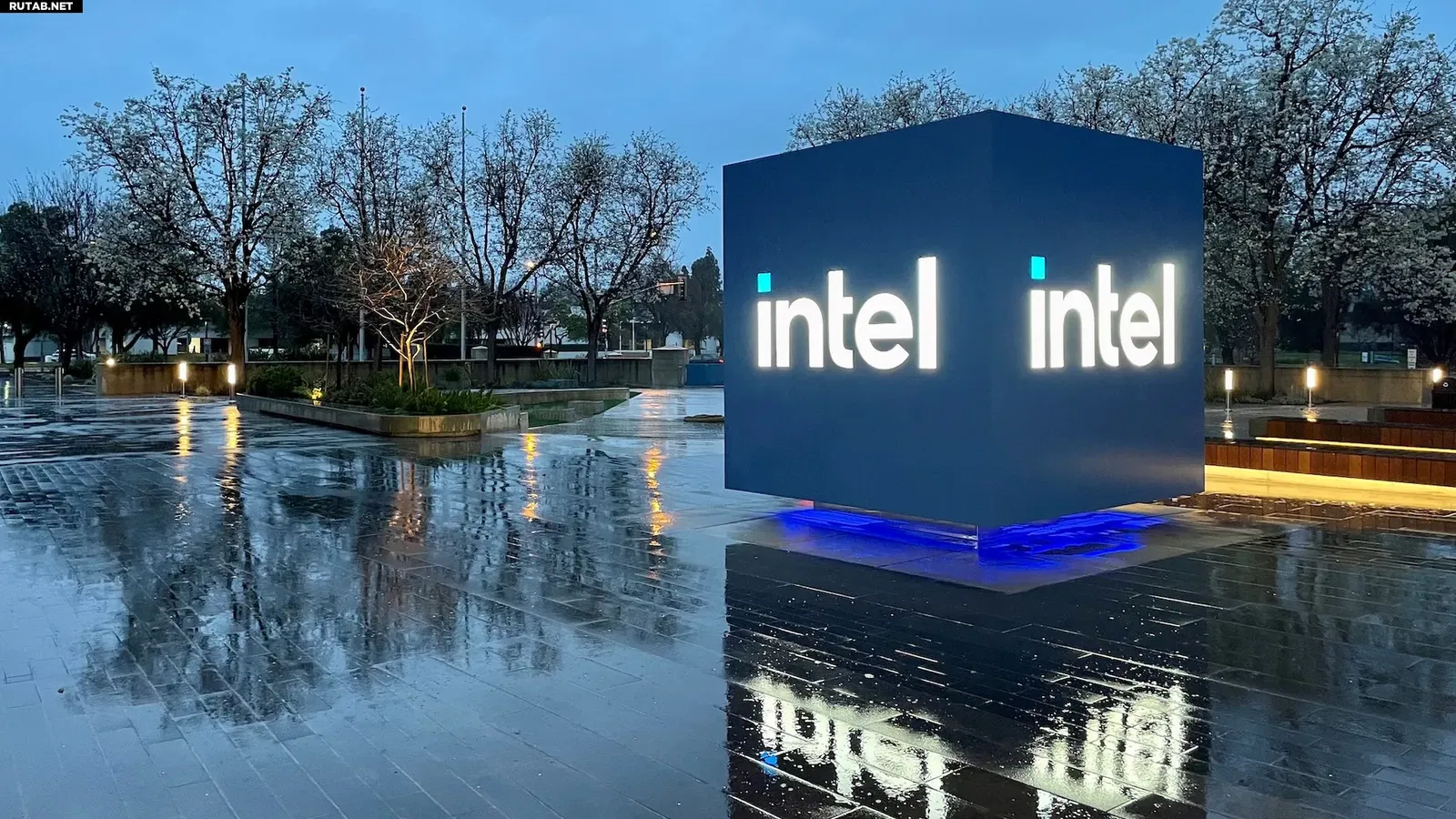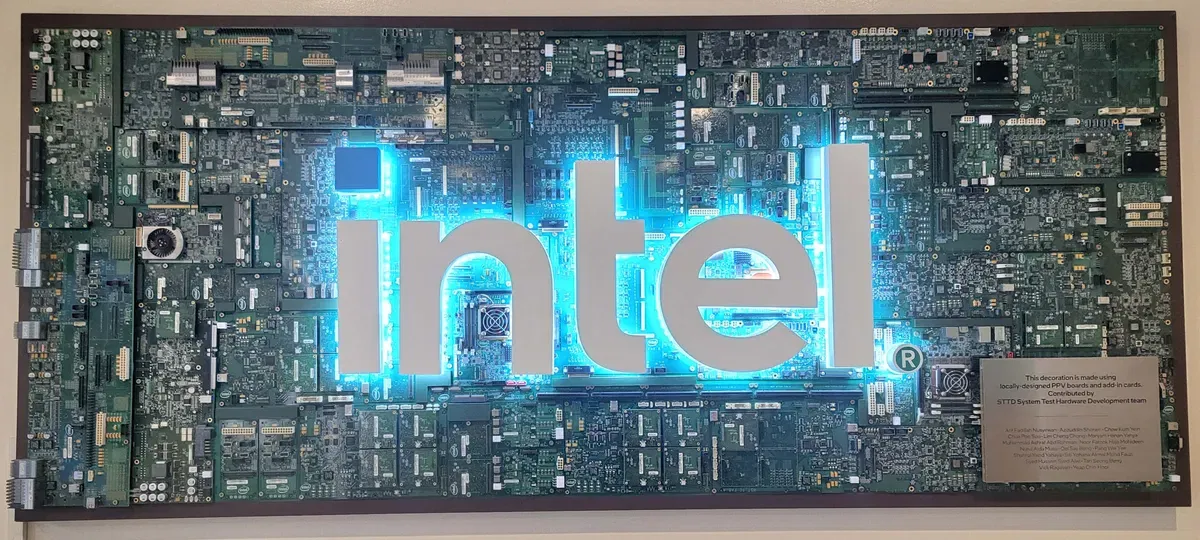Intel chief announces massive layoffs, restructuring and $1.5 billion in spending cuts

In less than a month and a half at Intel’s helm, new CEO Lip Bu-Tang has already set in motion sweeping changes. The company is gearing up for massive layoffs, major restructuring, and a tighter office presence policy. It’s all part of Intel’s sweeping transformation plan, announced along with its first-quarter financial results.
In an official statement, Bu-Tang emphasized that the goal is to “reboot” the corporate culture, removing the cumbersome hierarchy that hinders innovation and flexibility. Many teams now have more than eight levels of management, he said, which is “stifling speed and efficiency” and this needs to change urgently.

The exact numbers of the upcoming layoffs have not yet been disclosed, but it is known that they will begin as early as the second quarter and will be spread out over time. As a reminder, the company has already laid off about 15% of its employees in August 2024, which amounted to about 15,000 people. According to rumors, this time up to 20% of the staff – about 20 thousand people – may fall under the reduction.
Intel is also making serious cuts to operating expenses, with a goal of reducing them by $1.5 billion over two years. In 2025, spending should reach $17 billion (minus $500 million from current levels), and in 2026 – $16 billion.
Intel is also going to make serious cuts in operating expenses, aiming to reduce them by $1.5 billion over two years.
The restructuring has already affected top management: the first personnel changes were made last week, but Bu-Tang has made it clear that this is just the beginning. The main KPI for executives – team size – will be abolished. Instead, emphasis will be placed on engineering competencies and fast project realization.

The changes will affect the internal work culture as well. Starting Sept. 1, all employees will be required to be in the office at least four days a week. Three days is now technically three days, but the company admits that this rule is often ignored. Internal procedures will also be optimized: it is planned to reduce the number of meetings and limit the number of participants. OKR goal-setting and Insights analytics – previously mandatory – will become optional.
“This is about a chance to radically reinvent a legendary company. To make the kind of kambak that will be written about in management textbooks. We have to make the hard decisions – for the future, for customers, and for Intel to be a force for change again,” said Bu-Tang.

The moves reflect the new management’s determination to regain Intel’s leadership position in an industry where the company has lost some of its clout in recent years. In doing so, the course of rigorous optimization means major changes for thousands of employees around the world.








